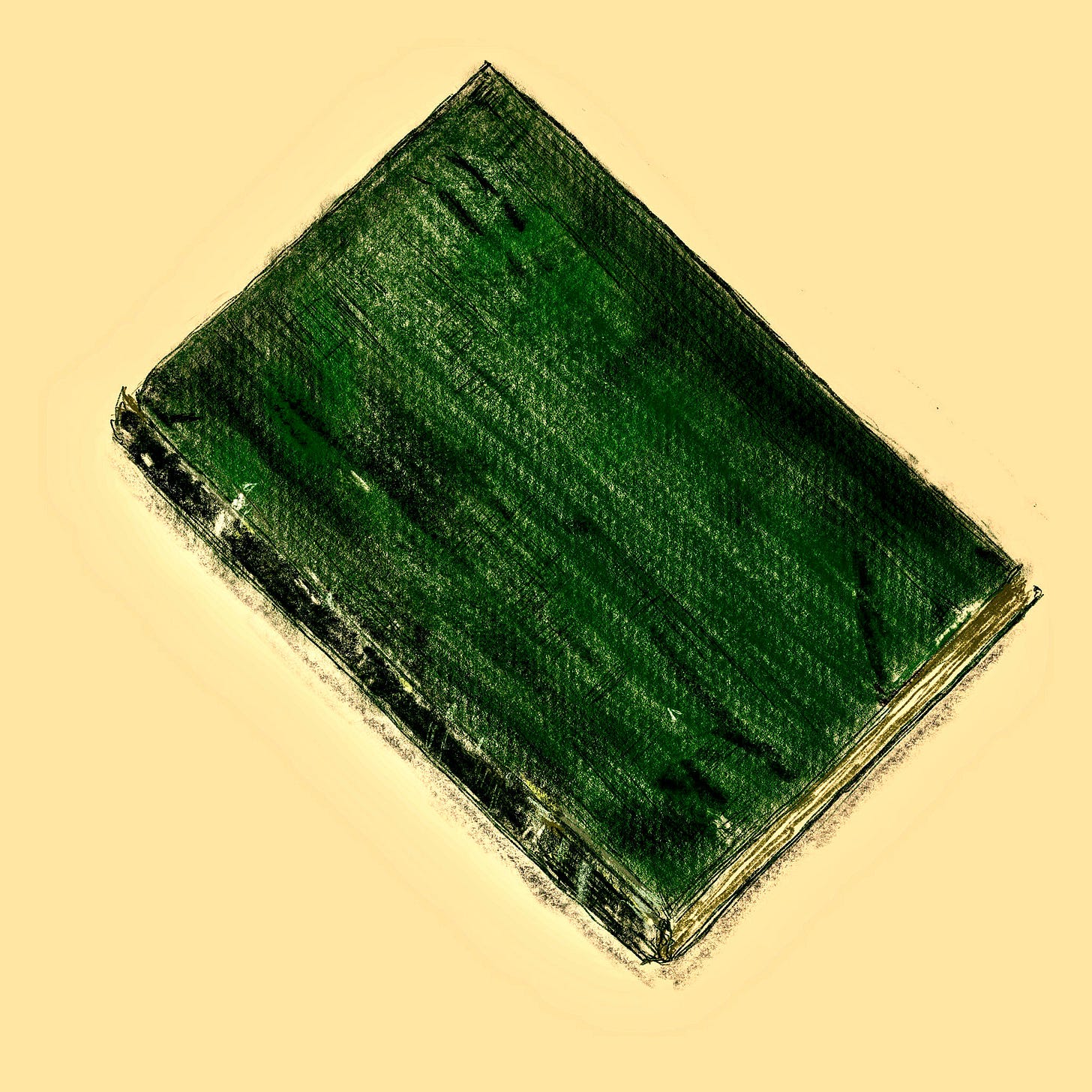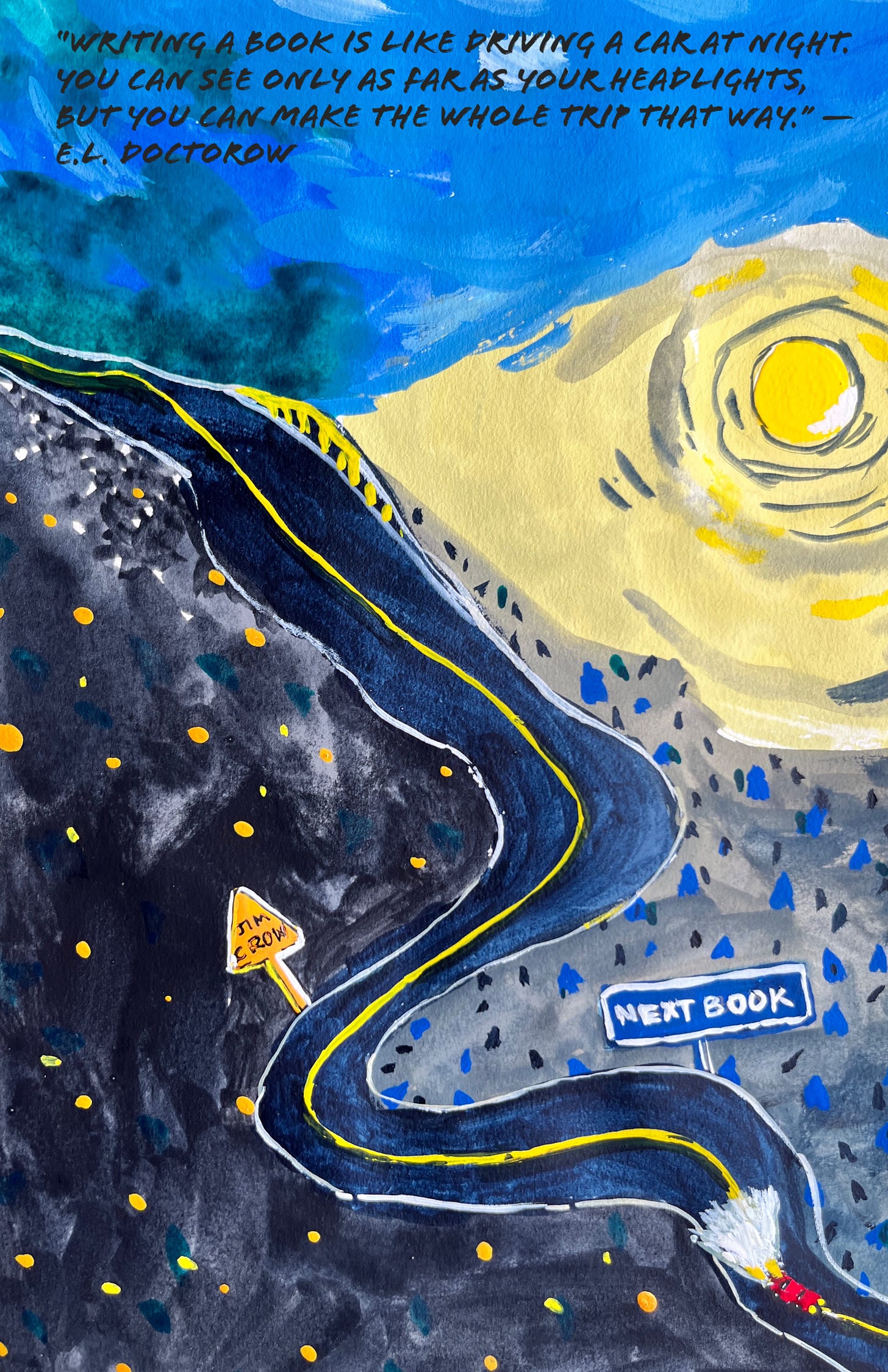The Sense of an Ending
Also: A list of five books on fathers
My time at the Cullman Center is coming to an end. Outside each of the fifteen offices there is a burnished golden plaque on which names of that particular office’s past occupants are inscribed by a local 75-year-old craftsman named Christopher Hewat. More than one person has likened this shiny object to a kind of a tombstone. I’m not waving, I’m drowning. There is still a month to go but there is a sense of an ending. The deputy director here, Lauren Goldenberg, is also leaving and I wish her well in her new job. Each one of my fellow Fellows has been extraordinary. We are sad and, at least in my case, a bit disoriented. When I arrived here last September, I was examining the final proof The Yellow Book, and then there was the task of dealing with final edits on my novel My Beloved Life. I wrote only brief nonfiction pieces during the weeks that followed: a few to promote my novel, and others striking out in a new direction. Here is another thing I just did. A website asked me to give them a list of five titles about a subject I had written about in my novel:
My energies during the past few months have been mainly focused on the final volume of the trilogy of drawings and journal entries, The Green Book. I’m still not finished. A few more drawings remain to be done, and then work on the edits. Two years ago, sitting in the rare manuscripts room in the British Library in London, I had made a drawing of what sat before me because photography wasn’t allowerd: a diary that Virginia Woolf had kept during her travels as a young woman in Italy, Greece, and Turkey. I hadn’t yet imagined that I would be writing The Green Book; in my mind, I only had this thought that I would read and draw and write about notebooks kept by writers. This interest in journaling has been common to all the books in my nearly-completed trilogy. However, The Green Book is a bigger thing: a book about my travels along the Ganges; my drawings of trees; some thoughts on nature writing; a memoir about green or unripe love; the nature of war, etc.
In each of the books in the trilogy, there is also advice about writing. One of the pieces of writing advice I have always enjoyed is by E.L. Doctorow about how writing a book is like driving a car at night… See below. One of my fellow Fellows here at Cullman, Stephanie McCurry, who is a historian of race and social relations in the American South and working on a book about the Reconstruction, asked me for a sketch to accompany the quote, so here it is. (Goodbye, Stephanie! Many tears.)






Two other books by writers searching for their fathers--The Return by Hisham Matar and in The Shadow of a Saint by Ken Wiwa.
The illustration with the quote is fabulous! And the additions to your list coming through in the comments are great too!